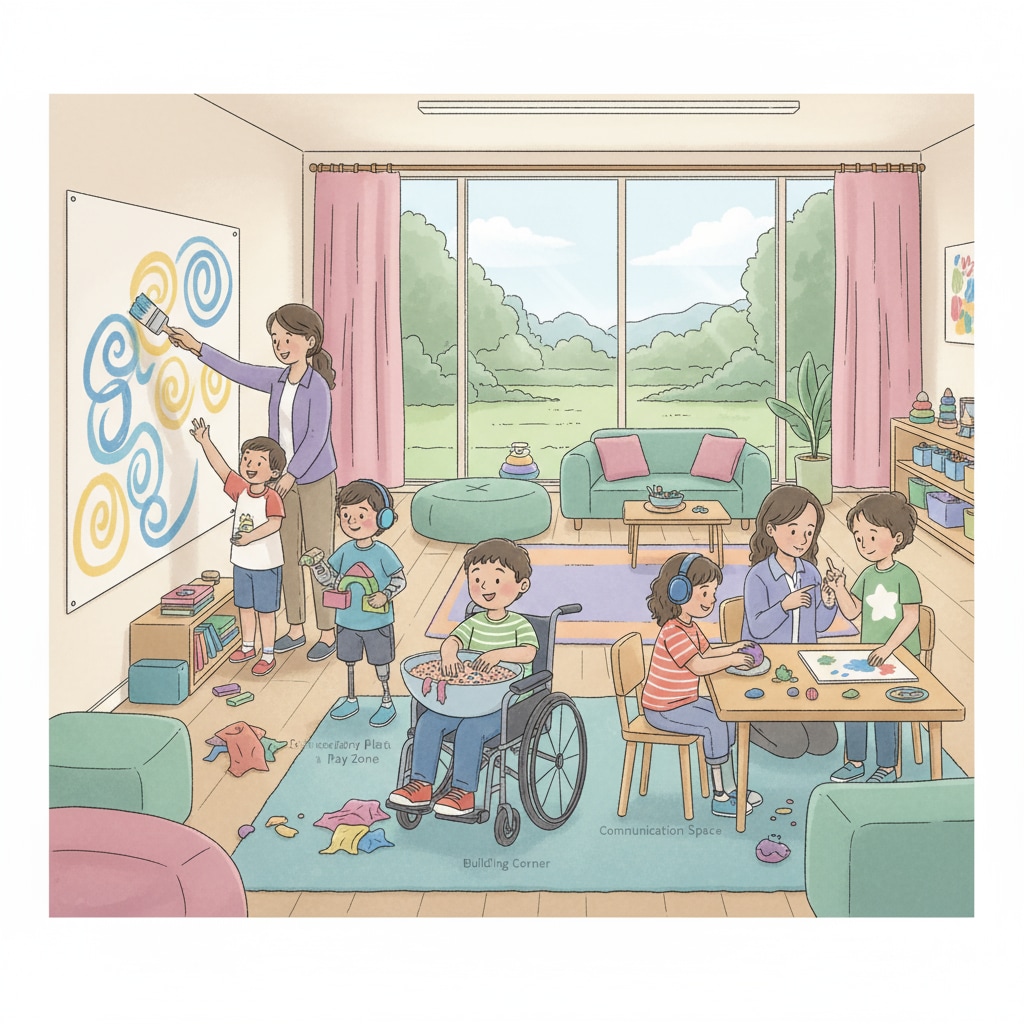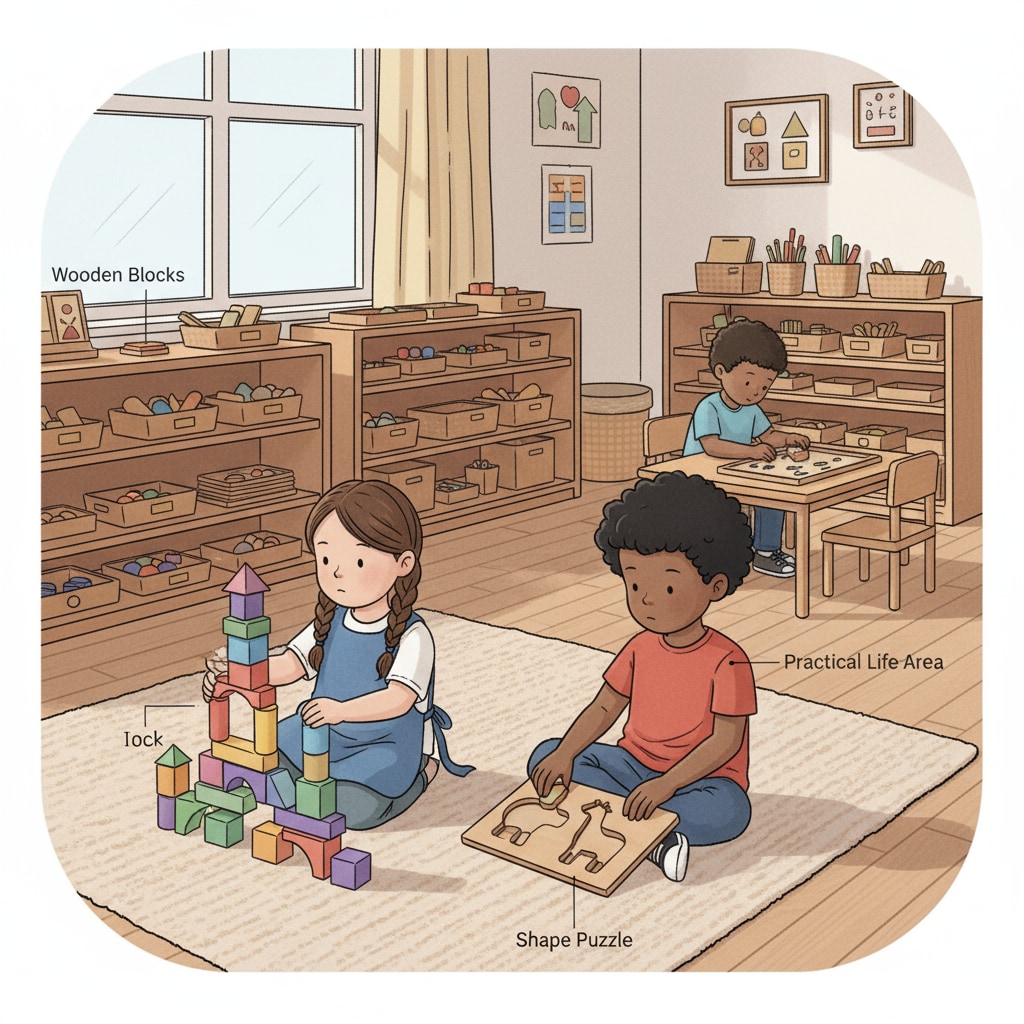Education choices, school trauma, and alternative education are significant concerns when it comes to children with special needs. In the realm of education, not every child fits neatly into the mold of traditional schooling. For those with special requirements, traditional classrooms may pose challenges that lead to school trauma, making alternative educational paths a necessity.

The Limitations of Traditional Education
Traditional education systems are designed to cater to the majority. However, children with special needs often have unique learning styles, paces, and requirements. In a typical classroom setting, the one-size-fits-all approach may not be sufficient. For example, a child with autism might struggle with the fast-paced environment and large group interactions. As a result, they may experience feelings of frustration, isolation, and even develop a fear of school, which is a form of school trauma. According to Edutopia’s article on special needs education trends, many special needs students do not receive the individualized attention they require in traditional schools.
Montessori Education as an Alternative
Montessori education offers a different approach. It emphasizes individualized learning, hands-on experiences, and a self-paced curriculum. In a Montessori classroom, children are encouraged to explore and learn at their own speed. For special needs children, this can be a game-changer. For instance, a child with learning disabilities may benefit from the tactile materials and individualized instruction. Montessori schools often have smaller class sizes, allowing for more one-on-one attention. As stated on Wikipedia’s page on Montessori education, the Montessori method is designed to meet the diverse needs of children.

Homeschooling: A Personalized Option
Homeschooling is another alternative that provides a highly personalized educational experience. Parents can tailor the curriculum to their child’s specific needs, interests, and learning style. This can be especially beneficial for children who have experienced school trauma. For example, a child who has had negative experiences in a traditional school due to their special needs can be given a fresh start at home. Homeschooling allows for a more relaxed and supportive environment, where the child can learn without the pressure of a large classroom. There are also many online resources available to support homeschooling parents of special needs children.
In conclusion, when it comes to education choices for special needs children, it’s essential to consider alternatives to avoid school trauma. Whether it’s Montessori education, homeschooling, or other options, exploring these paths can open the door to a more fulfilling and successful educational journey for these children.
Readability guidance: Using short paragraphs and lists helps summarize key points. Each H2 section can have a list for better clarity. Controlling passive语态 and long sentences, and adding transition words throughout the text makes it more readable.


